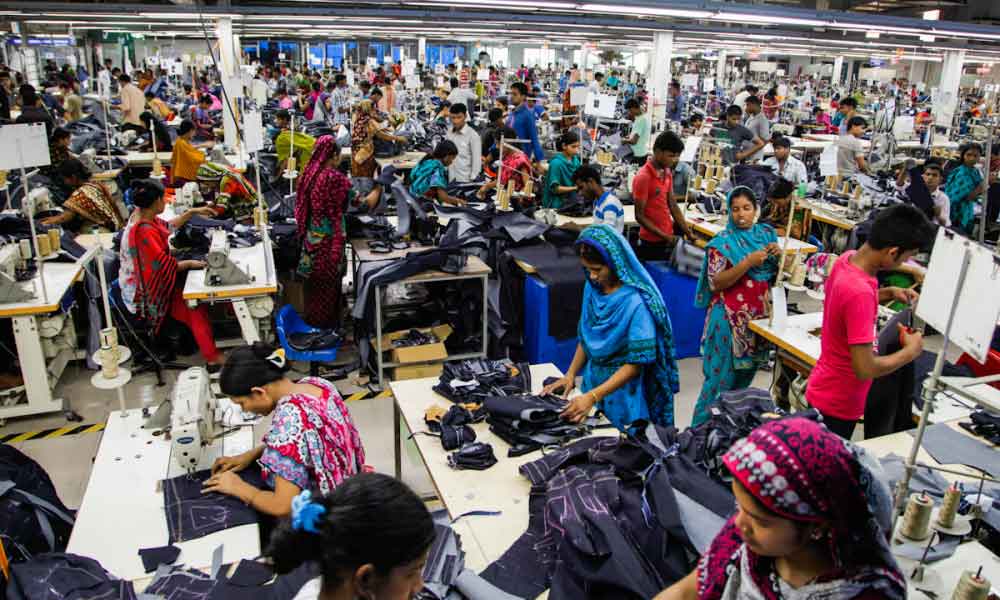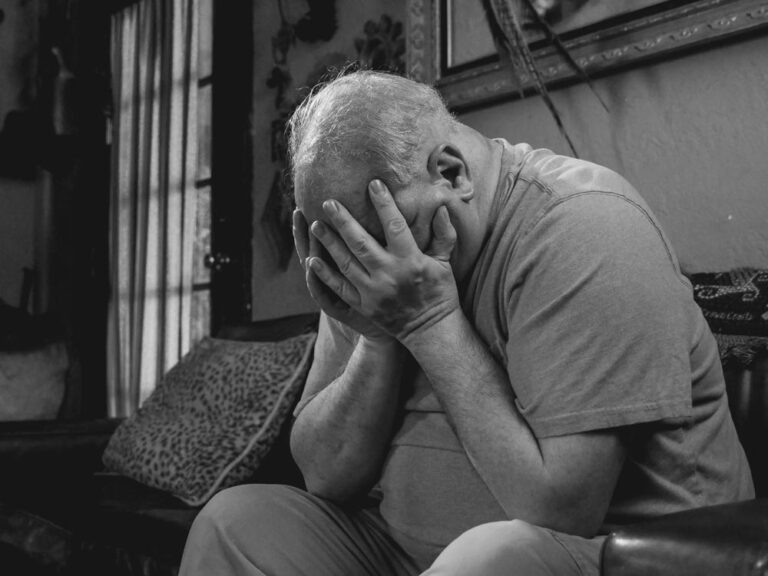
Have you ever walked into a business and gotten a negative vibe from it? Maybe a person at the counter had a grim face or gave off negative energy, perhaps it was the clientele, or the establishment itself that gave you a negative impression. In any case, the general advice is to stay away from these businesses as much as possible, and here’s why.
In theory, other people’s negative energy can transfer directly to you or indirectly to the products that we consume. In turn, we consume that negativity affecting our health and emotional well-being. And although this may seem far-fetched, there is strong scientific evidence to support this claim.
The Science Behind This Advice
In a groundbreaking study, scientists exposed water to different emotions such as anger, love, hate, and praise. They then froze the water and observed its composition under a microscope. What they found was astonishing. The water looked completely different depending on the emotion it was exposed to, showing clear patterns. This study has been repeated several times, always with the same results, so we can confidently say that these results were not random or accidental.
This raises serious ethical and health concerns, as positive psychology studies consistently show the overwhelming benefits of positive emotions and the serious drawbacks of negative emotions.
In other words, the ice study concluded that we should stay away as much as possible from anything or anyone that can transfer their negative emotions onto us. This is especially true for the food we consume, as it goes directly into our bodies, but it is also true for any products that have been exposed to someone’s negativity.
You Can’t Avoid They All, But You Can Sure Try To Do Your Best
Today, our world is filled with negativity, bad businesses, unethical practices, and negative people. Just look at the news and you will see that there is enough negativity to go around. It may feel helpless to try to do something about it, but even if you are a happy person, other people can still affect your life in a negative way by transferring their negative emotions to you. So it’s smart to avoid as many negative situations, people, and businesses as possible. It won’t always be possible, but as a general guideline, it is a good idea to live by.
Just because we can’t see the direct connection between negativity and the products we consume, our bodies will still feel it. We can’t see radiation or radio waves, but it doesn’t mean they don’t exist or have a tangible effect on our bodies. Regular exposure to positivity and negativity leaves a lasting visible imprint on our bodies, health, and general well-being.
What we do matters, and just because we can’t see the direct effect of negativity doesn’t mean it doesn’t have a direct effect on our lives, emotions, and overall quality of life. So my recommendation is to avoid buying from negative people, as we generally have a choice in what we buy and from whom we buy it.
Avoiding Shopping Related Negativity In Practice

To follow the above logic also means looking at a deeper level of whatever we consume, such as avoiding certain categories of products like those produced in sweatshops.
Sweatshops are workplaces or factories where workers are subjected to poor working conditions, low wages, long hours, and often unsafe, unhealthy, and inhumane environments. Sweatshops are commonly found in industries such as garment manufacturing, electronics asse mbly, and agriculture, especially in developing countries. Workers in sweatshops often have limited rights and are exploited by employers who prioritize personal profit over their employees’ well-being.
Naturally, people in these places feel unhappy and project their negativity onto whatever they are making, so their products inherit a deep level of that negativity.
Many big and well-known companies use sweatshops to produce their products in order to deliver them at competitive prices. So just because a brand is big and well-known doesn’t mean it’s automatically good for us, and we should still stay away from such companies, as we ultimately have enough choices as to where and from whom we purchase.
And while there are many companies in the world that fall under this negative umbrella, it may seem difficult to avoid them all and even useless to fight against these negative practices. However, we are not alone in making conscious decisions to improve our own lives and the lives of others. If enough people disagree with certain practices, some businesses will ultimately be canceled, as happens every day, while the good ones will thrive.
From Whom We Buy Matters
In a similar way, ideally, we should be aware of the full value chain of all products we consume. This includes knowing where materials were sourced, where the product was put together, and who ultimately sold the product to us. For example, even if we buy from a seemingly happy seller, they could have purchased their merchandise from a slave caught in a human trafficking scheme. Similarly, a piece of meat we consume may have come from an animal that was disrespected and abused throughout its life, and killed in a brutal manner. Additionally, the jewelry we wear, such as “blood diamonds,” may have resulted in the loss of many lives during its production just to be featured on our most important day.
While we can’t know for certain every step of the way where everything was sourced and who handled our goods, we can make educated guesses and make sure we stay away from undesired product categories. This may require a long process of educating ourselves, researching every aspect of our products, and even paying a premium price, but it is the right thing to do. All this effort will translate into better purchases and ultimately have a positive effect on our lives.
Avoiding Negativity by Looking For Reviews & Feedback
When researching possible accommodations on websites like booking.com or Airbnb, I always look for properties that have an average review of 8 stars or higher on a 10-point scale, completely discard anything below that. In this way, I don’t care about price, number of hotel stars, location, or anything else, as while these things matter, a higher price doesn’t automatically mean a better product. Looking at the average reviews helps me make better decisions, as people who have used the product before have vetted it for me.
This is not to say that a high score alone matters, as sometimes there are simply too few reviews and the owners themselves review their products, meaning that not all reviews are reliable. However, if a product has hundreds, if not thousands, of positive reviews, is featured on a trustworthy website, and has a high average score, this is a great indicator that whatever you are buying is of good quality.
Furthermore, I still caution people to use common sense, as I have purchased many low-quality products with high average reviews on trustworthy websites, only to later realize that I made a mistake. I imagine that this happened because the people who reviewed this product before me were simply content with a low-quality product, as that is what they were looking for. So, for them, it was enough, but not for me.
We Can’t Avoid All Of The World’s Negativity, But We Can Try

What we do matters, and if it feels wrong, it is likely wrong, which is why it is better not to do something even if we have already spent a lot of time looking for a possible alternative. We need to relearn to trust our emotions and avoid easy decisions, as inferior choices will lead to an inferior life.
Unfortunately, we can’t simply focus on our own happiness and disregard the well-being of others, as we are living in an interconnected world where the emotions of others can impact us, even if we have never met them in person. Therefore, it is everyone’s responsibility to ensure that we are creating a better world and that everyone can lead a happier life, and one way we can begin to do this is by examining the items we purchase, as the key to our happiness often lies in the quality of the products we buy.















3 thoughts on “Don’t Buy From Negative People For Happiness Sake”
Quite an interesting perspective.
Thank you for your kind words. I always try to find interesting content :)
Keep up.😊I will be more considerate of where my consumption comes from